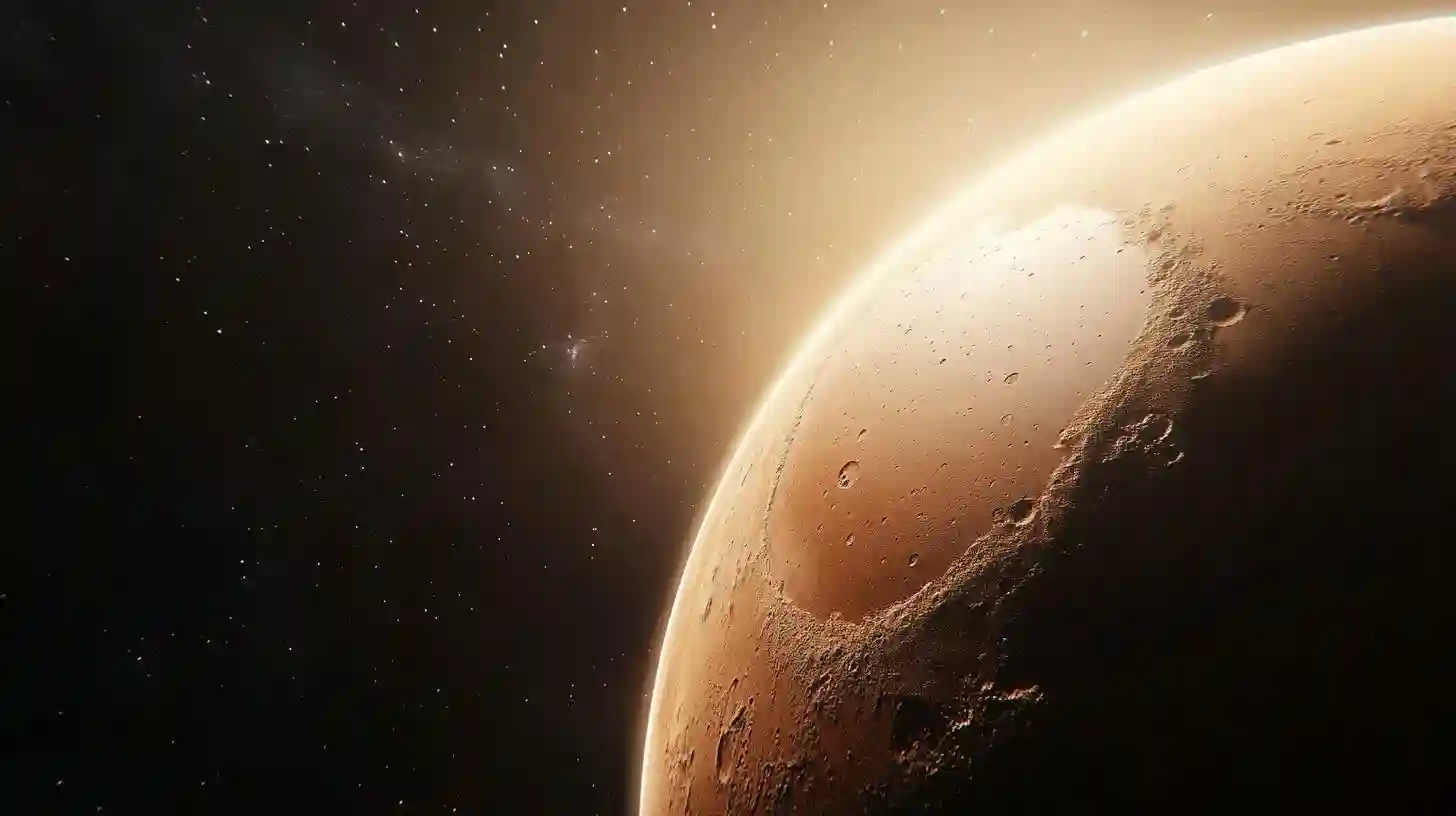
Recent advancements in space exploration have revolutionized our understanding of Mars, with scientists continually searching for evidence of water on the Red Planet. In a groundbreaking development, a team of researchers has uncovered new data that strongly suggests the presence of water in various forms beneath the Martian surface. This discovery is poised to reshape the narrative surrounding the potential for life beyond Earth and the history of our solar system.
The study emerged from a combination of satellite imagery and data collected from rovers over the past several years. Utilizing cutting-edge radar technology, the scientists were able to penetrate the surface of Mars and reveal hidden reservoirs of water ice, as well as evidence of transient liquid water in certain regions. This finding validates earlier hypotheses and offers tangible proof that Mars holds significant quantities of water, which has historically perplexed scientists and enthusiasts alike.
Mars has long tantalized researchers with its similarities to Earth, sparking discussions about its capacity to host life. The presence of liquid water is a critical factor in determining habitability. Over the decades, various missions to Mars have offered glimpses of ancient riverbeds, polar ice caps, and recurring slope lineae, which hinted at water activity. However, concrete evidence of the existence of water beneath the surface has remained elusive until now.
The implications of this discovery extend beyond the search for extraterrestrial life. If liquid water exists in subsurface aquifers, it could dramatically impact future Mars exploration and colonization efforts. Water is a vital resource for human survival and scientific experiments as we consider the long-term prospects of humanity on other planets. Access to water would also facilitate the production of oxygen and fuel, making human habitation on Mars significantly more feasible.
The latest research indicates that some regions on Mars may experience seasonal melting of ice, resulting in the formation of briny liquid water that could support microbial life. The identification of these water sources offers pathways for examining the potential for life in environments once thought too inhospitable. By targeting these geographic hotspots, scientists can focus their efforts on searching for microbial organisms that may have adapted to survive in such extreme conditions.
Furthermore, the discovery of water on Mars poses intriguing questions about the planet's climate history. It sheds light on how Mars shifted from a warm, wet environment to the cold, arid climate we see today. Understanding these transformations is crucial for comprehending how planetary climates evolve over time and the dynamics that could lead to habitability or desolation.
The mission that contributed significantly to this new understanding relied heavily on international collaboration, exemplifying the global nature of space research. As nations join forces to explore Mars, sharing data and findings becomes essential. The collective efforts of scientists from diverse backgrounds have accelerated our progress toward unveiling Mars’ secrets and have reinforced the idea that science transcends borders.
These revelations about water on Mars also invigorate discussions regarding the possibility of future manned missions. Agencies like NASA and private companies are keenly interested in exploring Mars more directly, and the ability to access water could shift the feasibility of establishing a sustainable human presence. The ongoing development of technology that can extract water from the Martian soil not only boosts mission prospects but also promises insights into the planet’s geological past and present.
As we delve deeper into the cosmos, every piece of evidence related to Mars' water presence invites us to rethink our understanding of life's potential elsewhere in the universe. Each discovery raises new questions, leading to an insatiable curiosity that drives scientific inquiry. The connection between water and life creates a natural synergy that compels humanity to seek answers.
The excitement generated by this recent discovery is palpable among scientists and space enthusiasts. It signifies a shift in the paradigm of astrobiology and planetary science, suggesting that the quest for knowledge about our nearest planetary neighbor has only begun. As we continue to unlock the mysteries of Mars and its water resources, we draw closer to understanding not only the planet’s past but also our own future in the cosmos.
The race to Mars is no longer merely about exploration but about the hope of answering fundamental questions about existence itself. As new data and research emerge, the possibilities remain endless, pushing the boundaries of what we know about life and the very fabric of our universe. With every step forward, we take one step closer to understanding our place in the vast expanse of space.